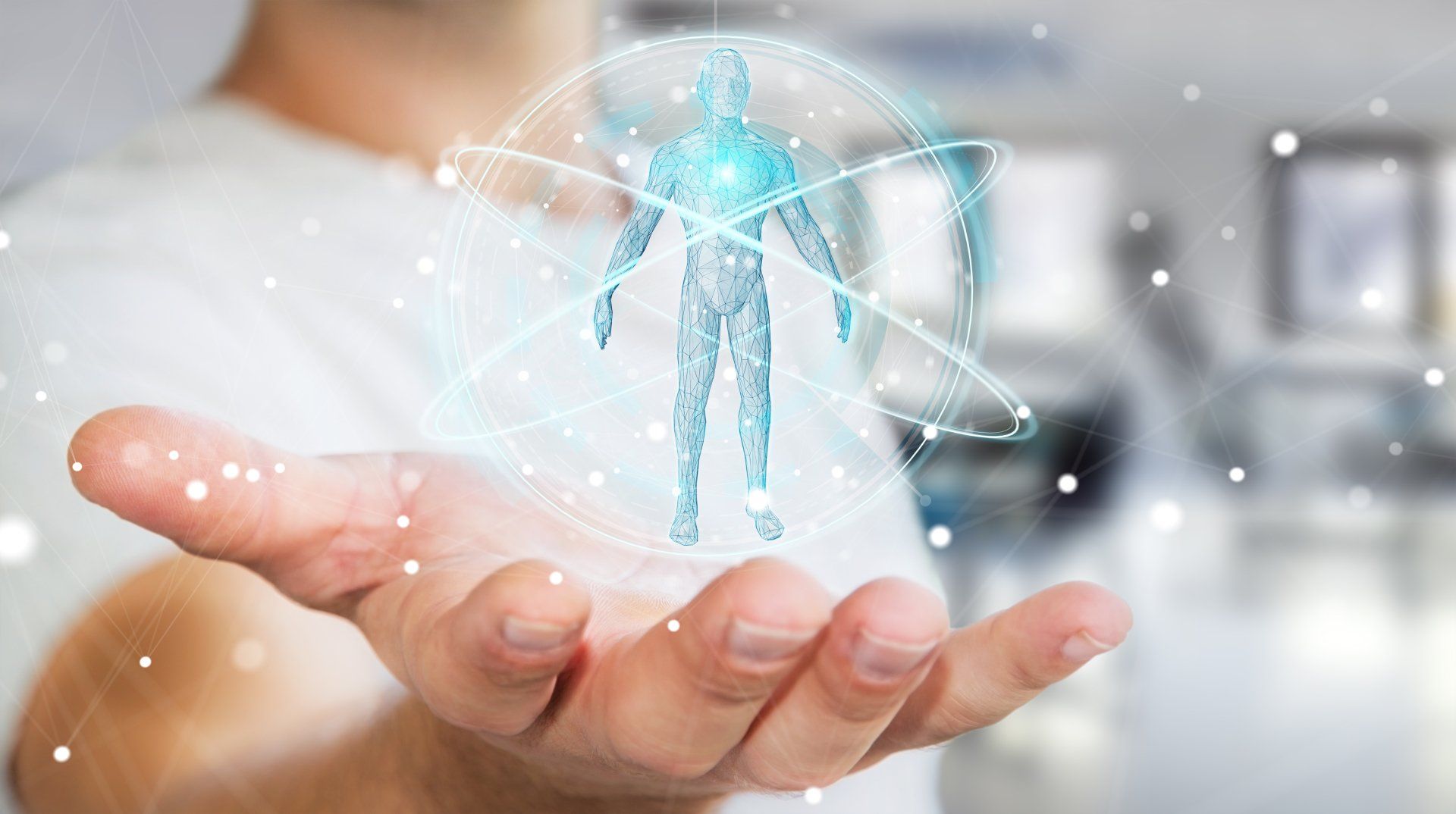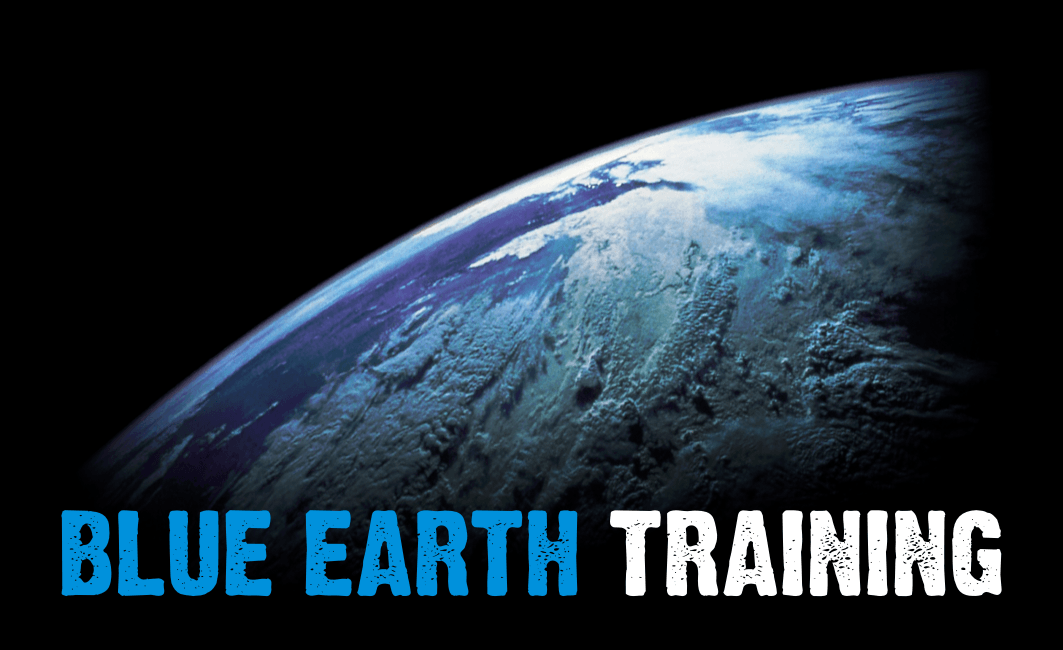Choking
May 1, 2020
Choking - Would you know what to do?

Each year more than 2,800 people die from choking, it only takes 3 – 4 minutes for someone to die from a blocked airway, so speed is of the essence. It can take up to 8 minutes for an ambulance to arrive at the clubhouse let alone the furthest green.
Mild Choking – Firstly, encourage the casualty to cough this will clear the obstruction and the casualty should be able to speak to you.
Severe choking – There are 3 steps to recovery.
Step 1 – Shout for HELP; bend the casualty forward so their head is lower than their chest. Give up to 5 firm blows between the shoulder blades with the palm of your hand. Checking between blows and stop if you clear the obstruction.
Step 2 – Stand behind the casualty and place both your arms around their waist. Make a fist with one hand and place it just above the belly button with your thumb inwards. Grasp this fist with your other hand and then pull sharply inwards and upwards. Do this up to 5 times checking between thrusts.
Step 3 – Repeat steps 1 and 2 until the obstruction is clear then ask them to seek immediate medical attention.
All our courses teach you how to deal with a choking casualty.

ICE PACKS – “CAN YOU USE AN ICE PACK ON A MINOR HEAD INJURY?” Some people may be cringing at the thought of using an ice pack for a minor head injury, others wondering why ice packs would even be doubted, but what is the reason for the stark contrast in opinions on this well known remedy? One of the reasons ice packs have been given a bad name is because there is belief that the swelling can “go inwards” or that ice can cause very serious blood clotting on the brain. However, you can assure that this is not the case. When used correctly, ice packs are both safe and effective. Ice can help decrease pain and swelling, and may also help prevent tissue damage. There are also cosmetic benefits to using ice packs. Bleeding that occurs under the scalp but outside the skull can create a large bruise at the site of a head injury. This is common and will go away on its own with time, however ice can help reduce the size and pain associated with bruising. So, is it safe to recommend the use of an ice pack? Of course! Just remember the following tips to ensure they are used correctly: • Do not apply the ice pack directly to the skin, ensure that it is placed into a dry cloth to avoid potential ice burns. • Only apply an ice pack for a maximum of 10 minutes at a time as this allows the skin time to return to a normal temperature before re-application. • Apply the ice pack every 2 hours for the next 24 hours to ensure maximum effectiveness. • Icepacks are safe to be used on children, provided you can keep the child still for long enough! • Last but not least, if the casualty was “knocked out” or has reduced levels of consciousness, seek immediate medical help. Our courses teach you how to recognise and treat casualties head injuries, sprains and strains where an ice pack my be needed.

Have you ever felt very hot, fatigued, sick, dizzy, had a rapid heart beat, cramps, sweated heavily or urinated less often and much darker than normal? If so; you may have been suffering from Heat Exhaustion. When you sweat your body looses water and body salts, your core temperature raises above 38 degrees. If you don’t hydrate this could quickly lead to heat stroke. Water makes up to 60% of a persons body weight, it plays a fundamental role in digestion, absorption and in eliminating waste. Water helps maintain your bodies temperature by expelling excess heat through the skin via perspiration and evaporation. The hypothalamus in your brain controls your core temperature so if you are having a bad day you may need to hydrate. Treating heat exhaustion is simple. Move the person indoors or to a shaded area, remove excess clothing and lay them down. Give them plenty of fluids to hydrate but not cold water, alcohol or coffee. Apply a wet flannel or facecloth to their skin and obtain medical advice even if they recover quickly. Request an ambulance if they don’t respond to the above treatment or if you are unsure of what to do. Keeping your first aid simple and safe will help save a life. Our courses teach you how to recognise and treat casualties that may be suffering from Heat Exhaustion or Heat Stroke.

The human body is an incredible thing. Whilst we are busy going about our everyday lives, our bodies are continuously performing millions of complex processes that we are not aware of. With countless fascinating facts available about how our bodies work, we have compiled our top 7 favourite statistics that may just help you to appreciate the hard work your body does every day. 1. Your body produces 25 million new cells each second. To put that into perspective, every 3 seconds you produce more cells than there are people living in the UK. 2. The heart is the hardest working muscle in the body. In just one day, the heart can create enough energy to drive a van over 18 miles! In an average lifetime, the heart will beat more than 2.5 billion times, thats 100,000 time per day. 3. Your lungs inhale approximately 2, ooo,ooo litres of air every day. When resting, the average adult breathes around 12 to 20 times a minute. The study of lung diseases is known as pulmonology and your lung on the left side is smaller in size than the right one in order to fit the heart. The lungs are the only organ in the body that can float. 4. A full grown adult has 206 bones, whereas the skeleton of a new-born baby is made up of over 300, most of which are made of cartilage. As a baby grows, the majority of the cartilage turns into bone and over time, some of its bones fuse together to make bigger bones. The hands have the most bones — 27 in each hand. The hands and feet together make up more than half the bones in the human body. The smallest bone in the body is the stirrup bone, one of the 3 bones that make up your middle ear and is shaped like a “U.” It is the innermost bone that receives sound vibrations and passes them along to the cochlea to eventually be interpreted by the brain. 5. Your nose can recognise around 50,000 different scents, 80% of what you’re tasting is determined by what you’re smelling. The brain region for processing smells is up to 50% larger in women, your nose and sinuses produce almost 1 later of mucus a day (which you swallow). You don’t sneeze in your sleep because the nerves that trigger sneezing are sleeping. Smell is the only one of the 5 senses directly connected to the area of the brain where memories are formed and emotions processed. 6. Seeing is so important that it takes up more than 50% of the brain’s functionality. Newborns don’t shed tears, though they do know how to cry. You blink about 15-20 times in a minute. The most active muscles in your body are in your eyes and your eyes can get sunburned. Until about 10,000 years ago, all human beings had brown eyes. Blue eyes are a more recent phenomenon caused by a genetic mutation, a sign that humans are still evolving. 7. Teeth, the enamel on the top surface on your tooth is the hardest part of your entire body. Teeth start to form even before you are born—milk teeth or baby teeth start to form when the baby is in the womb, but they come through when the child is between 6-12 months old. An average person spends 38.5 days brushing their teeth over their lifetime. Many diseases are linked to your oral health, including heart disease, osteoporosis, and diabetes. One third of your tooth is underneath your gums—that means only two thirds of your tooth’s length is visible. If you get your tooth knocked out, put it in milk or hold it in your mouth—this will help your tooth to survive longer. Make sure you see a dentist right away.


